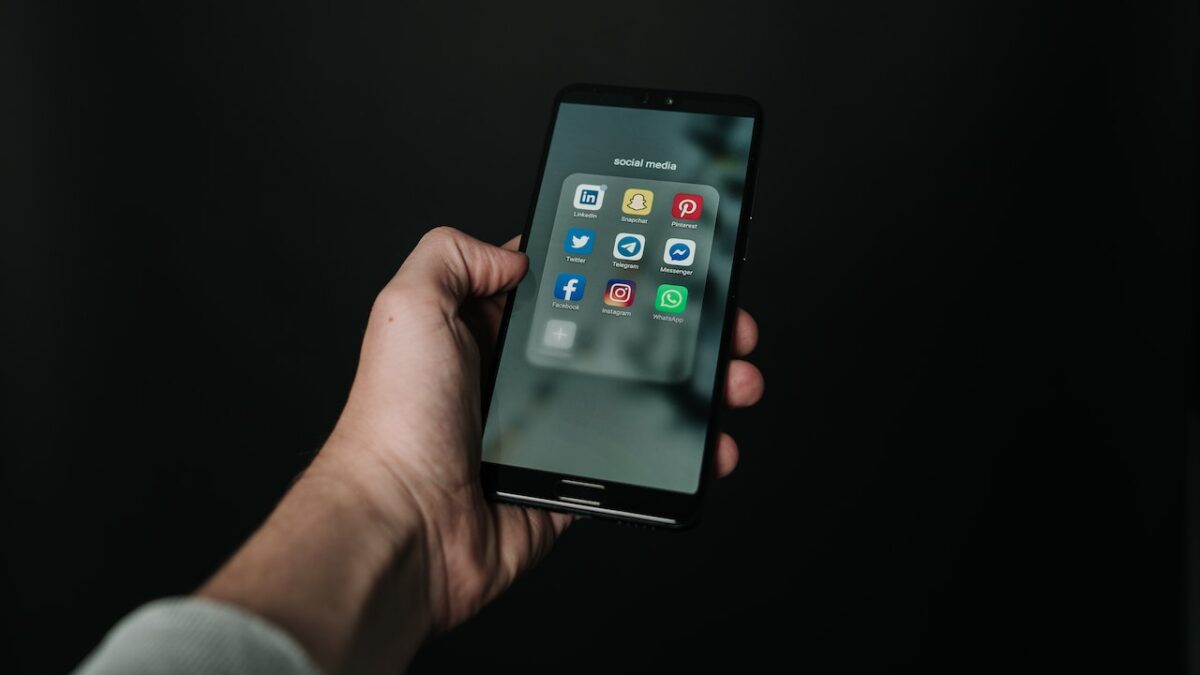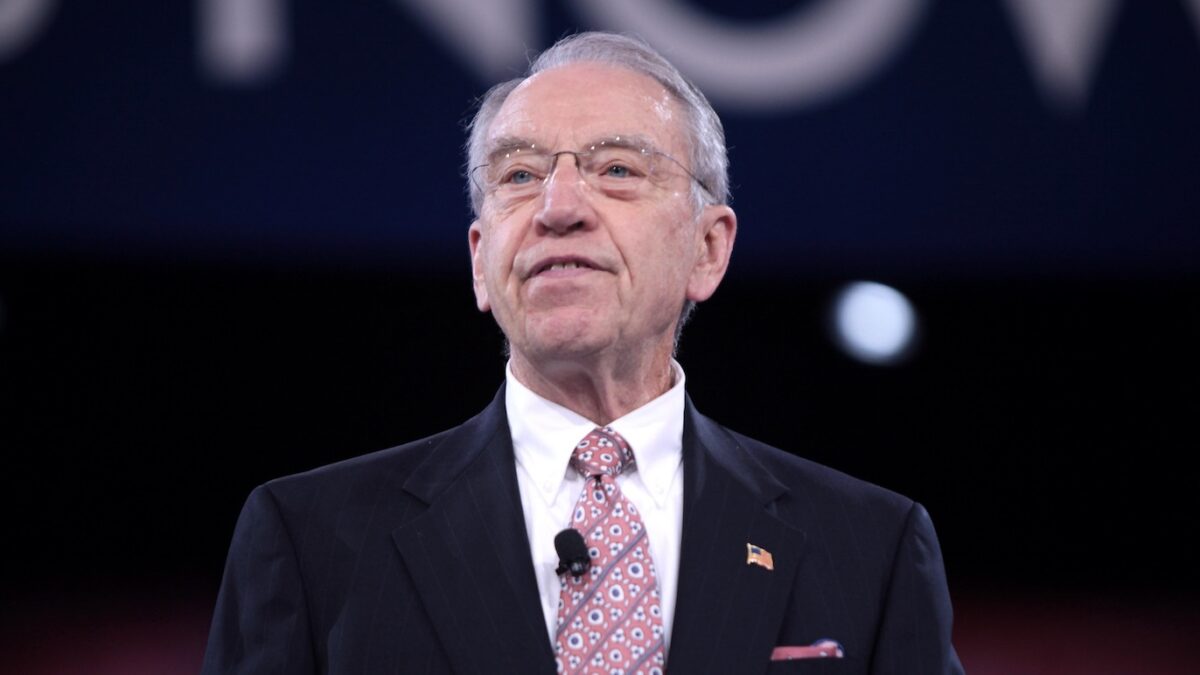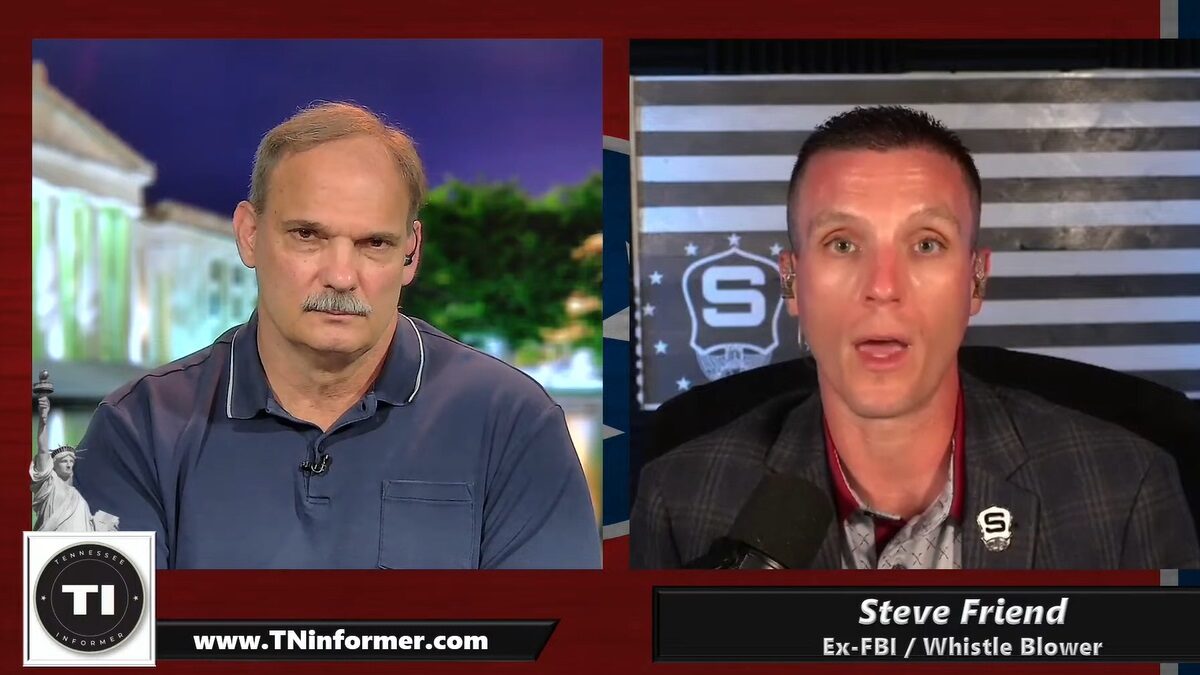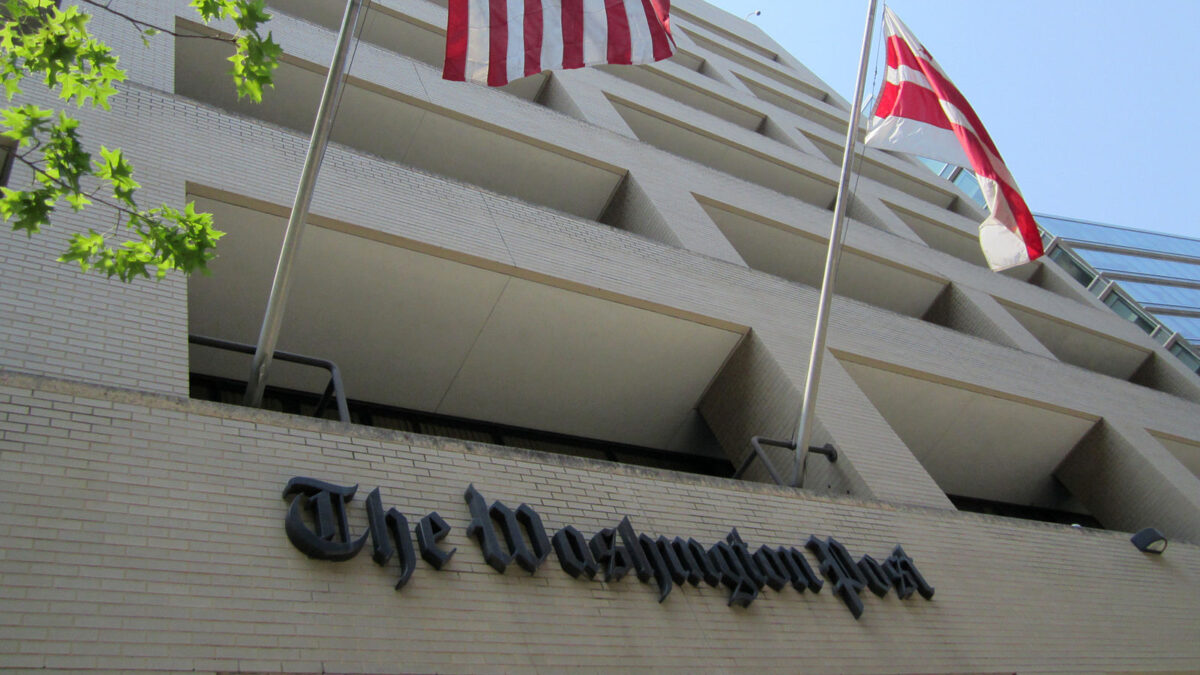Part 6 of the “Twitter Files” broke late Friday when independent journalist Matt Taibbi published a 40-something-tweet thread titled: “TWITTER, THE FBI SUBSIDIARY.” Here are six highlights from the latest drop of internal communications bandied back and forth between Twitter executives and government officials.
1. The FBI Was the Hand in Twitter’s Glove
“Twitter’s contact with the FBI was constant and pervasive, as if it were a subsidiary of the FBI,” Taibbi opened his “Twitter Files” thread from Friday. Then over the course of some 45 tweets, Taibbi provided proof from internal communications of the tech giant to support his claim and what Taibbi dubbed both the “master-canine quality of the FBI’s relationship to Twitter” and a “unique one-big-happy-family vibe” between Twitter and the FBI.
For instance, the “Twitter Files” revealed that from “January 2020 to November 2022, there were over 150 emails between the FBI and former Twitter Trust and Safety Chief Yoel Roth.” And the emails and other communications showed “agencies like the FBI and DHS regularly sending social media content to Twitter through multiple entry points, pre-flagged for moderation.” “What stands out,” Taibbi stressed, “is the sheer quantity of reports from the government.”
Twitter’s relationship was not limited to the FBI and the Department of Homeland Security, nor were communications limited to emails, Friday’s installment of the “Twitter Files” revealed. A Sept. 15, 2020 email from a then-legal executive at Twitter, Stacia Cardille, to Jim Baker, who served at the time as deputy general counsel, confirmed these points. The email, titled “Elections Work,” summarized Cardille’s elections-related work and opened by discussing “Government-Industry Sync.”
“I participated in our monthly (soon to be weekly) 90-minute meeting with FBI, DOJ, DHS, ODNI, and industry peers on election threats.” Cardille then noted several items of import — more on those later. Key here, however, is the revelation that Twitter and “industry peers” had monthly and “soon to be weekly” meetings with the “FBI, DOJ, DHS, and ODNI,” or Office of the Director of National Intelligence, showing Twitter was not the only tech company groomed by the feds to spy on and censor Americans, and that it wasn’t merely the FBI involved.
So maybe “hands-in-gloves” is a more apt descriptor.
2. Bloated FBI Task Force Pushed for Silly Censorship
While Cardille’s email to Baker cast Twitter’s relationship with the FBI and other federal organizations as related to “election threats,” the emails exchanged between the feds and Twitter reveal the government regularly pushed Twitter to target select accounts for posts far removed from any semblance of an election threat. Or, as Taibbi reported, “a surprisingly high number are requests by the FBI for Twitter to take action on election misinformation, even involving joke tweets from low-follower accounts.”
For instance, in one Nov. 10, 2022 email, “Fred” wrote, “Hello Twitter contacts,” “FBI San Francisco is notifying you of the below accounts which may potentially constitute violations of Twitter’s Terms of Service for any action or inaction deemed appropriate within Twitter policy.” Four Twitter account names followed, which were all suspended, including “one account whose tweets are almost all jokes,” but the latest of which Twitter considered “civic misinformation.”
Taibbi provided several more examples of the FBI alerting Twitter to accounts that the FBI believed were violating Twitter’s terms of service. Taibbi then provided screen grabs of the offensive accounts while stating that “many of the above accounts were satirical in nature,” and nearly all were “relatively low engagement.”
The FBI’s targeting of such “low engagement” accounts seems strange until you realized the FBI greatly expanded the number of agents assigned to its “social media-focused task force, known as FTIF,” created following the 2016 election. The task force “swelled to 80 agents,” Taibbi noted, before making a profound point: “The ubiquity of the 2016 Russian interference story as stated pretext for building out the censorship machine can’t be overstated. It’s analogous to how 9/11 inspired the expansion of the security state.”
3. Feds Thread the Constitutional Needle — or Try To
While Friday’s drop of the “Twitter Files” revealed the FBI and other federal agencies pushing Twitter to censor users, and Twitter acted as if the “ask” was a “tell,” the communications also show that the agents carefully crafted their requests to avoid triggering the Constitution.
Here it is necessary to understand the current state of First Amendment jurisprudence, which holds that when the government seeks the private censorship of speech, “what matters is the distinction between attempts to convince and attempts to coerce,” and “a public-official defendant who threatens to employ coercive state power to stifle protected speech violates a plaintiff’s First Amendment rights.” Conversely, a mere request does not trigger the Constitution.
Notice, then, the care the FBI used in its communications with Twitter: The FBI focused not on the government’s interest in censoring the speech, but on the Twitter accounts the FBI said it believed were “violating your terms of service.” The agents used the same or similar boilerplate language in the emails Taibbi published on Friday. Those same emails also ended with the caveat that the information provided by the FBI is “for any action or inaction deem[ed] appropriate within Twitter policy.”
An email from the FBI’s National Election Command Post to the San Francisco field office also parrots the key language necessary to avoid triggering the Constitution. Specifically, the FBI’s national election group asked the San Francisco field office to assist in coordinating efforts with Twitter to obtain “any location information associated with the accounts that Twitter will voluntarily provide to aid the FBI in assigning any follow-up deemed necessary to the appropriate FBI field office.” The same email makes clear the FBI would use the necessary “legal process” to obtain access to account-holders’ information.
For all the screaming about the First Amendment, then, and the declaration by many that the “Twitter Files” prove the FBI violated Americans’ constitutional rights by seeking the censorship of speech, these exchanges show the FBI attempting to thread the needle to avoid making Twitter a state actor.
Whether the FBI and Twitter succeeded in these efforts, however, remains to be seen because, as one of the country’s most preeminent First Amendment scholars Eugene Volokh explained in his essay “When Government Urges Private Entities to Restrict Others’ Speech,” there may be “room for courts to shift to a model where the government’s mere encouragement of private speech restrictions is enough to constitute a First Amendment violation on the government’s part.”
4. Are Feds Playing Fast and Loose with Classified Info?
The FBI’s efforts to maintain separation between itself and Twitter to avoid triggering the Constitution apparently didn’t prevent the federal government from sharing classified information. The Sept. 15, 2020 email from Cardille to Baker revealed this concerning detail.
“I explicitly asked if there were any impediments with the ability of the government to share classified information or other relevant information with industry,” Cardille wrote about her most recent “monthly (soon to be weekly) 90-minute meeting with FBI, DOJ, DHS, ODNI, and industry peers on election threads.” The “FBI was adamant that no impediments to information sharing exist,” Cardille told Twitter’s then-deputy general counsel.
How could that be? Do the FBI and other intelligence agencies ignore classification designations when working with the tech industry? Or is the supposed intel the FBI is feeding to the social media giants with the goal of censoring private speech so mundane it isn’t classified? Both scenarios are troubling, just for different reasons.
5. The FBI Outsources Its ‘Misinformation’ Flagging
Another important revelation from part six of the “Twitter Files,” Taibbi concisely punctuated thusly: “What most people think of as the ‘deep state’ is really a tangled collaboration of state agencies, private contractors, and (sometimes state-funded) NGOs. The lines become so blurred as to be meaningless.”
This conclusion followed from Taibbi’s review of communications received by Twitter via its “Partner Support Portal,” which the Center for Internet Security created. The Center for Internet Security, according to Taibbi’s reporting, is a non-governmental organization that serves as a DHS contractor. The Center for Internet Security “describes itself as ‘partners’ with the Cyber and Internet Security Agency (CISA) at the DHS.”
When the Center for Internet Security receives complaints related to supposed election “misinformation,” it says it will “forward it to our partners,” which in addition to the DHS’s Cyber and Infrastructure Security Agency, includes the “Election Integrity Partnership at Stanford University.” In turn, according to the “Twitter Files,” the Stanford University project will report “misinformation” to Twitter.
Taibbi provided an example in which Stanford flagged as misinformation a video it called “legal-heavy.” Then to support the idea that the video represented misinformation, the Center for Internet Security’s analysis of the legal issues was quoted at length. What was unclear from the exchange, however, was whether the Center for Internet Security accurately represented the content of the video or properly analyzed the law, as well as whether the video included other accurate points.
That Twitter would be willing to censor someone’s “legally heavy speech,” based on the say-so of various private third parties, may not implicate the First Amendment, but it is a dangerous squelching of free speech that prevents the public from learning and assessing conflicting viewpoints.
6. Some Very Suspicious Timing
A final and more isolated point from Friday’s Twitter dump concerns an email Taibbi highlighted because it showed the multiple channels Twitter and the FBI used to communicate. In the email Taibbi highlighted, San Francisco Special Agent Elvis Chan wrote to Roth and Cardille to “be on the lookout for a Teleporter message from me with two documents to download.” But that email is suggestive beyond the relevance noted because of the date and the suggestion that the message is significant.
Chan’s email to the high-level Twitter executives was dated Oct. 16, 2020, and began, “Twitter folks, I just got something hot off the presses today” — something apparently so important that Chan directed Roth and Cardille to monitor their Teleporter messages.
Now what could those two documents “hot off the presses” concern? Well, the FBI agent’s email to the Twitter executives came a mere two days after the New York Post broke the Hunter Biden laptop story on Oct. 14, 2020, raising real suspicions that the two documents related to that scandal.
And so, while the “Twitter Files” confirm many previously known facts and reveal some new details, they also raise more questions.









